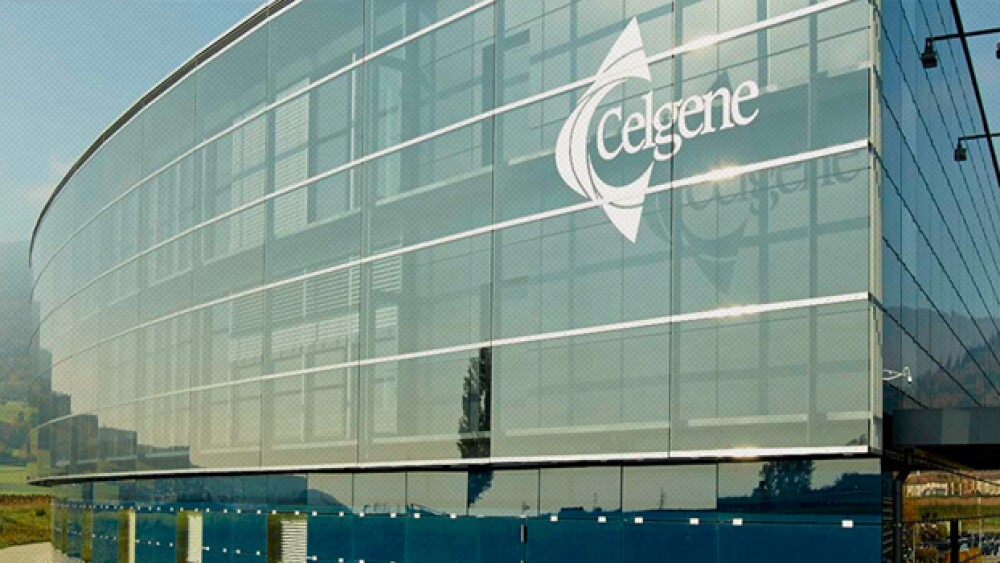Following several clinical disappointments and declining stock prices over the past year, Celgene tapped Alise Reicin as its new head of the company’s global clinical development unit, with a focus on mid- to late-stage therapeutics.
Following several clinical disappointments and declining stock prices over the past year, Celgene tapped Alise Reicin as its new head of the company’s global clinical development unit, with a focus on mid- to late-stage therapeutics.
Reicin most recently served as head of global clinical development in research and development at EMD Serono, the biopharmaceutical business of Merck KGaA. In addition to the Germany-based Merck, Reicin has also worked for the U.S. Merck. She has a proven track record in developing therapeutics, including blockbuster treatments such as KEYTRUDA. At EMD Serono, Reicin was responsible for the clinical development of assets across oncology and inflammatory indications, including anti-PD-L1 avelumab in solid tumors and cladribine in relapsing multiple sclerosis. Prior to Merck, Reicin was a faculty member at Columbia Medical School, and a physician and researcher at Columbia Presbyterian Hospital.
Reicin will begin with New Jersey-based Celgene on Nov. 1. In her role at Celgene, Reicin will be responsible for all aspects of mid- to late-stage clinical development across Celgene’s portfolio.
Mark Alles, Celgene’s chief executive officer, called Reicin an “accomplished physician” and said that she had an “excellent record of developing important therapeutics for multiple cancers and inflammatory indications.”
But Celgene’s announcement made the addition of Reicin seem more than just a new hire announcement. The company stressed that the addition of Reicin was part of a new clinical development strategy that was aimed at strengthening Celgene for long-term success. Under the leadership of Reicin, Alles said Celgene’s clinical development organization will be structured to more completely align with the company’s strategy to develop therapeutics for patients with unmet medical needs. The change will establish the company’s clinical development as “another center of excellence” and will enhance the company’s strategic leadership in discovery, development and commercialization.
The company is hoping that the addition of Reicin will certainly turn around some setbacks, such as a Refusal to File letter issued by the U.S. Food and Drug Administration (FDA) for its New Drug Application (NDA) for its multiple sclerosis drug ozanimod. Celgene gained ozanimod in the 2015 $7.2 billion acquisition of Receptos. Ozanimod became a key focus for Celgene’s R&D in inflammatory bowel disease research, after another acquired drug, GED-0301, failed in a late-stage Crohn’s disease trial.
In her role as head of clinical global development, Reicin will work alongside Rupert Vessey, the head of research and early development, as well as Jay Backstrom, Celgene’s chief medical officer. Under the new structure, Vessey will lead early research and development. Reicin will lead mid- to late-stage clinical development, clinical operations, biostatistics, project leadership and project management. Backstrom continues to maintain responsibility for Celgene’s global regulatory strategy, drug safety, regulatory operations and pharmacovigilance. Additionally, Celgene said Nadim Ahmed and Terrie Curran will continue to lead the company’s global commercial and medical affairs organizations for the hematology & oncology and inflammation & immunology franchises, respectively.





